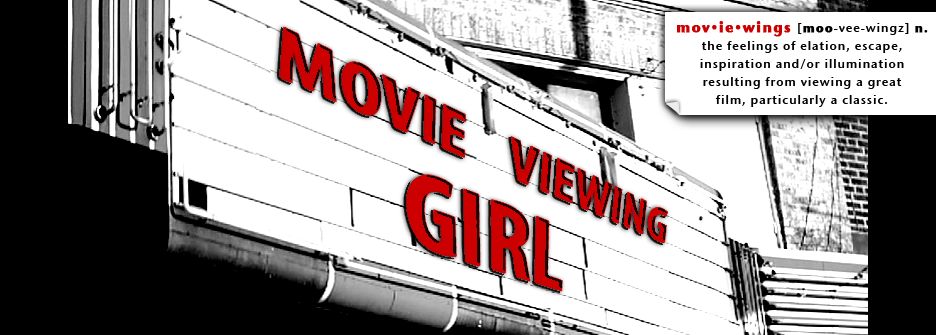
 For my final book/movie combo to complete the Lit Flicks Challenge, I decided to do a double revisit of The Hustler.
For my final book/movie combo to complete the Lit Flicks Challenge, I decided to do a double revisit of The Hustler.The story revolves around Fast Eddie Felson, a pool hustler who travels to Chicago to challenge the great Minnesota Fats. He loses spectacularly, picks up a girl, gains character, and comes back for a rematch.
Many things in the movie (characters, plot, dialogue, themes) are lifted straight from the book. One major difference is a much darker finish for one of the characters in the movie. While this doesn't change much about how things end up, it does change the way the characters get there.
This is a case where seeing the movie for the first time made me check out the book to try and get a better handle on the story. This time around I re-read the book first and then re-watched the movie. What I found is that the film and novel have become intertwined for me. I can't read the book without picturing the actors as the characters, and I can't watch the movie without phrases from the book coming to mind.
Some things I like better about the book: the attention given to the themes. For example, the idea of hustling happening in many areas of life is shown in more detail. Also explored a bit more in depth are ideas about winning and losing, not just in pool, but in life. Are some people just born losers? How far can talent take you? Can a loser turn into a winner by silencing his excuses for losing? While these are still major themes in the movie, I like the way they are examined (and concluded) in the book a bit better.
Some things I like better about the movie: watching the performances by four amazing actors. Paul Newman and George C. Scott are both so strong, I can't decide who to watch in their scenes together. Piper Laurie plays her part heartbreakingly well. And Jackie Gleason perfectly embodies Minnesota Fats. (I understand in real life he shot a pretty good game of pool, himself.)
Both book and movie are a bit gritty, although the language is coarser in the book. They both also portray pool in an almost reverential light, at least from the players' perspectives. While you might imagine it would be easier to follow the game on screen seeing it for yourself, the descriptions in the book make things clear and keep it interesting.
I'm back and forth on picking which version I like better, so I guess I'd have to say both are good, although the movie is more of a must-see classic than the book is a must-read classic. So I'd say try the movie first, and if you want more, check out the book.
Final thoughts on Lit Flicks:

 In addition to The Hustler, for this challenge I read and watched The Grapes of Wrath, Jane Eyre, The Secret Garden & The Black Stallion. Only in one case did I have a real preference for the book. For the most part I enjoyed both incarnations of the story (with an occasional edge given to the movie). This happens to fit my original idea that books and movies don't have to be at odds. Let's enjoy both for the unique strengths they offer in storytelling.
In addition to The Hustler, for this challenge I read and watched The Grapes of Wrath, Jane Eyre, The Secret Garden & The Black Stallion. Only in one case did I have a real preference for the book. For the most part I enjoyed both incarnations of the story (with an occasional edge given to the movie). This happens to fit my original idea that books and movies don't have to be at odds. Let's enjoy both for the unique strengths they offer in storytelling.While this challenge is over, I'm sure I will continue to check out movie adaptations of the books I enjoy, and I'm sure that movie credits telling me a great film was based on a book will send me looking for it. Book vs. Movie? No! Book AND movie for me!
If you are interested in more book-to-movie reviews, check out the Bookworms Carnival on literature and film.

















































